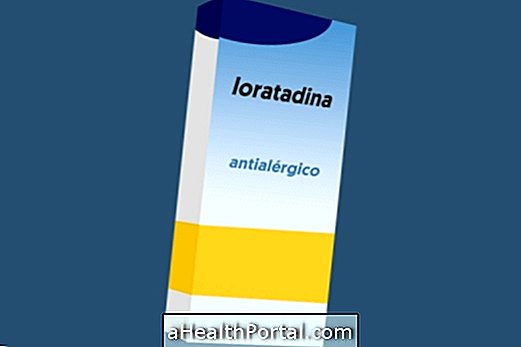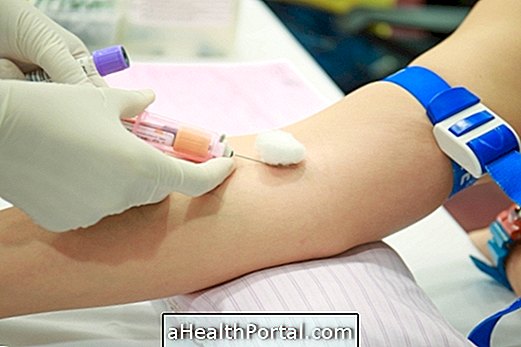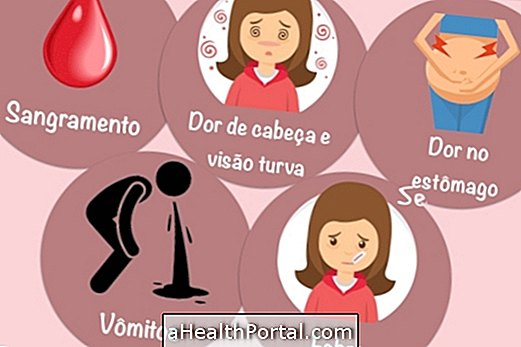The poliomyelitis vaccine, also known as VIP or VOP, is a vaccine that makes the child protected against 3 different types of the virus that causes this disease, popularly known as childhood paralysis.
To ensure the best protection, it is necessary to take 5 doses of the vaccine and it is recommended by the World Health Organization (WHO) that the first 3 doses should be applied by means of an injection (VIP) in the thigh muscle of the baby and the other 2 doses can be made by injection or oral drops (OPV).
Thus, complete vaccination against poliomyelitis should be in accordance with the scheme:
- 2 Months : through injection - VIP;
- 4 Months : through injection - VIP;
- 6 Months : through injection - VIP;
- 15 Months : applied 2 drops in the mouth or injection - VOP or VIP;
- 4 Years : applied 2 drops in the mouth or injection - VOP or VIP.


Thus, all children up to the age of five should participate in the polio vaccination program and it is important that parents bring the immunization record to record the administration of the vaccines. See the other vaccines that are part of the childhood immunization schedule.
Price of polio vaccine
The vaccine against polio is free and is offered by the Unified Health System, and should be applied at health posts by a nurse or nursing technician.
When to take the vaccine
The vaccine against childhood paralysis should be done from 6 weeks of age until 5 years of age. However, people who have not taken this vaccine can do the vaccination even in adulthood.
How should the preparation
In order to take the injectable vaccine (VIP) no special preparation is necessary, however, if the baby does the oral vaccine (OPV) it is advisable to stop breastfeeding up to 1 hour before to avoid the risk of gnawing. If the baby vomits or golf after the vaccine, a new dose should be taken to ensure protection.
When not to take
The polio vaccine should not be given to children with a weakened immune system caused by diseases such as AIDS, cancer or after organ transplantation, for example. In such cases, children should first go to the pediatrician and, if he / she indicates the immunization against polio, make the vaccine in Special Immunobiological Reference Centers.
In addition, vaccination should be delayed if the child is sick, with vomiting or diarrhea, as absorption of the vaccine may not occur. Know when vaccination is contraindicated.
Possible side effects of the vaccine
The vaccine against childhood paralysis rarely has side effects, but when these arise are fever, malaise, diarrhea and headache. If your child begins to experience symptoms of paralysis, an extremely rare complication, parents should get you to the hospital as soon as possible. See the main symptoms of polio.
In addition to this vaccine, the child needs to take other vaccines as against Hepatitis B or Rotavirus, for example. Get to know the complete calendar in: Baby Vaccination Calendar.






















